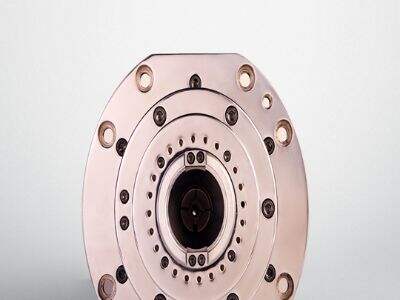Diferencias Entre Tuercas de Bloqueo y Roscas Principales
Las tuercas de bloqueo y las rosca principales pueden evitar que las cosas se muevan o giren si no deberían hacerlo. Ambas trabajan para facilitar el movimiento, sin embargo son distintas y tienen funciones especializadas que las diferencian. Las tuercas de bloqueo se utilizan para sujetar firmemente pernos, tornillos u otros elementos de unión, y a veces se les llama cerraduras de tuercas. Su funcionamiento consiste en apretarse contra el perno, crear fricción y bloquear todo para que no se mueva. tornillo de bloqueo no se afloje.
Por otro lado, las rosca principales cumplen un propósito aún diferente. En particular, son responsables de convertir la rotación en movimiento lineal. Esto se logra mediante el uso de una tuerca que gira sobre un eje roscado. La tuerca se desplaza a lo largo del eje en una línea recta, mientras huso de cabeza de torno se realiza este proceso. husillo de la máquina torno el piñón gira. Los husillos sinfín se utilizan en cualquier tipo de proyecto que requiera movimiento lineal con alta precisión y exactitud en su capacidad de movimiento lineal.
Normalmente, los husillos sinfín tienen una ventaja cuando hablamos de la eficiencia de ambas partes en términos de qué tan bien funcionan y qué tan duraderas son. Se sabe que permanecen en su lugar durante más tiempo en comparación con los tuercas de bloqueo. Los husillos sinfín pueden funcionar durante horas y nunca se desgastan, proporcionando un movimiento preciso tras otro. A diferencia de la tuerca de bloqueo, que se afloja con el tiempo, lo que puede causar daños a los componentes que está sujetando.
Ventajas y Desventajas de las Tuercas de Bloqueo y los Husillos Sinfín
Dicho esto, hay ventajas y desventajas que considerar al usar tuercas de bloqueo y husillos sinfín en tu proyecto. En aplicaciones donde se requiere un ajuste extremadamente fuerte y resistencia a las vibraciones, las tuercas de bloqueo se utilizan frecuentemente. Son fuertes y pueden agarrar cosas.


